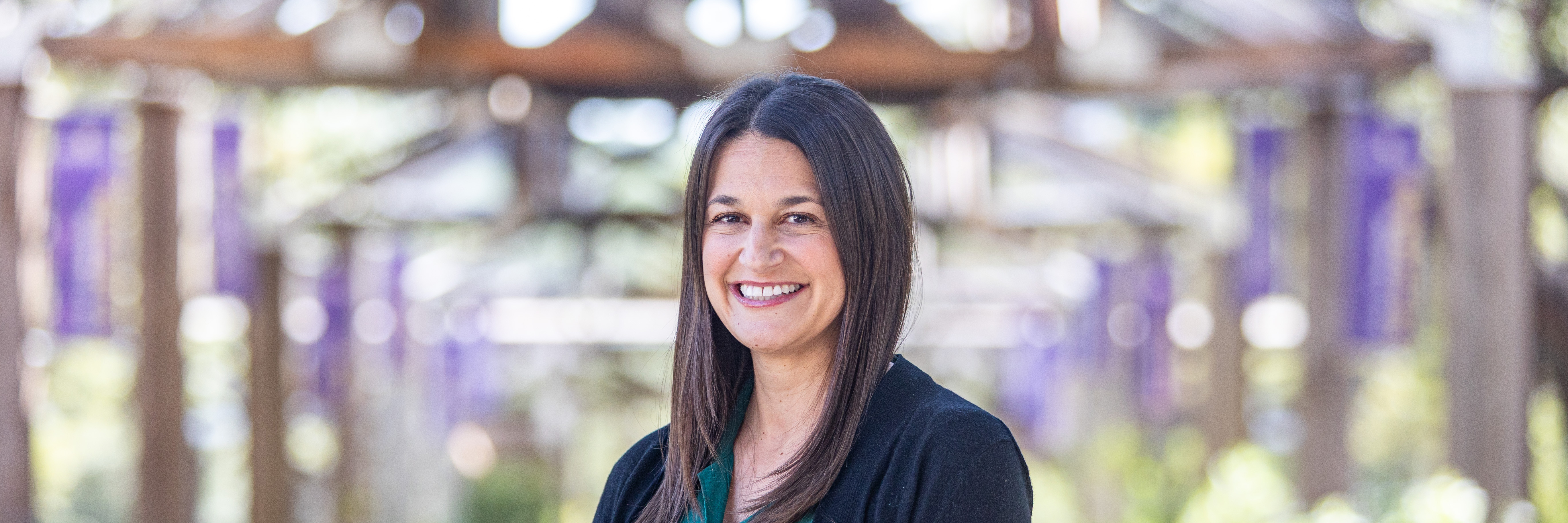Why Do We Celebrate Halloween?

Written by Dr. Jennifer Depold, Adjunct Professor of History
October brings pumpkin-spice everything and, in some stores, far-too-early Christmas decor, which often begins to encroach upon Halloween decor. My eyes couldn't quite reconcile the holiday mash-up between skeletons and Christmas trees I saw side-by-side in the store. But in truth, these two holidays have more in common than we may think.
Halloween is second to Christmas in terms of retail sales. Americans spent more than $8 billion (yes, billion) in costumes and accessories amid the pandemic in 2020, and the NRF projects Halloween sales to exceed $10 billion this year.
Since we're closer to Halloween, I want to highlight just how Christian the origins of the holiday are.
Celtic Or Christian In Origin?
Some believe that Halloween's origins are found in the Celtic festival "Samhain," meaning "summer's end." This was an occasion used to prepare for winter when communities gathered and organized for the winter months.
It was a borderline festival, set between the autumn equinox (light) and the winter solstice (darkness). Thus, it was also thought to be a period in which the forces of darkness seeped out of the ancient burial mounds of the countryside. In other words, the supernatural was on the move. To combat these spirits, giant bonfires were built to invoke the help of false gods.
The association of Samhain with a festival of the dead was popularized not in the early Christian world but in Jame George Frazer's classic "The Golden Bough" (1890). Historian Nicholas Rogers, author of "Halloween: From Pagan Ritual to Party Night," argues that Frazer projected medieval traditions onto the past. Other than the fire ritual, there is very little evidence of what activities took place at Samhain festivals.
Rogers said, "If Samhain imparted to Halloween a supernatural charge and an intrinsic liminality, it did not offer much in the way of actual ritual practices." No, rather, these developed alongside the medieval holy days.
All Hallow Even
In 609, Pope Boniface rededicated the Pantheon in Rome, Italy, transforming it from a pagan temple (originally built by Hadrian in 126 AD) into a Catholic church dedicated to Mary and the martyrs and associated with all saints. By 800, festivals commemorating the saints were celebrated across Europe. They were not created to supplant pagan festivals.
"Halloween" is a derivative of "All Hallow Even," or the night before All Saints' Day on November 1, and All Souls' Day follows on November 2. Medieval All Saints' and All Souls' festivals included decorations with skeletons and candles, bonfires to ward off evil spirits, community feasts, and carnival practices, such as wearing costumes and playing games. It's here we see something more akin to our Halloween traditions.
Beth Allison Barr, the author of "Opinion: Guess what? Halloween is more Christian than pagan," explained, "From this medieval perspective, 'Halloween' is a celebration of Christian triumph over paganism rather than a pagan holiday masquerading as Christian."
When we celebrate Halloween, we are indeed celebrating a holiday with deep historical roots ... and candy.
Magic, Witchcraft, And Religion
If you're interested in learning more about magic and the supernatural in the ancient, medieval, and early modern world, please sign up for my spring course — Special Studies in History: Magic, Witchcraft, and Religion.
